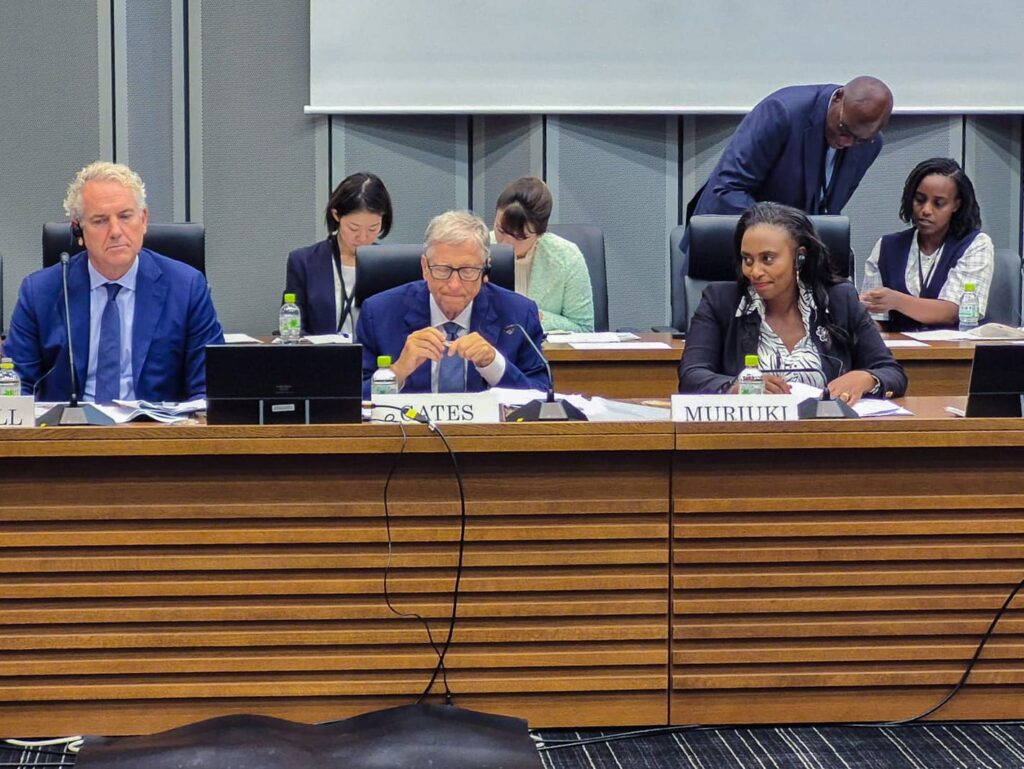
TOKYO-Japan
Kenya has reported significant progress in tackling some of its most pressing public health challenges, with the latest data showing major improvements in the fight against HIV, malaria, and tuberculosis.
Currently, over 1.36 million people living with HIV in Kenya are on lifesaving treatment that is 98% of those diagnosed. In five years, mother-to-child transmission has dropped from 14% to 7.2%, underscoring the impact of expanded testing and treatment programs.
Meanwhile, malaria prevalence has declined by 30% since 2018, and malaria-related deaths fell by 40% between 2022 and 2023. This comes after the nationwide distribution of more than 45 million insecticide-treated nets, significantly reducing mosquito-borne infections.
Kenya has also made gains against tuberculosis, with incidence down by more than a third since 2015 and treatment success climbing to 89%.
“These achievements are a testament to what is possible with strong political will, community engagement, and international cooperation,” said Principal Secretary for Public Health and Professional Standards Mary Muthoni during a Pre-TICAD9 (Tokyo International Conference on African Development) Round Table with Japanese parliamentarians. “But we must not be complacent sustaining these gains will require renewed solidarity, co-investment, and the transfer of technology.”
The Ministry credited Kenya’s progress to both domestic leadership and longstanding partnerships particularly with Japan through TICAD, the Japan International Cooperation Agency (JICA), the Global Fund, and other key allies.
Kenya emphasised the need to strengthen resilient health systems that can withstand future pandemics and health threats. The country reaffirmed its commitment to working closely with Japan and other global partners to realise a shared vision. A key focus on a future free from infectious diseases and the full achievement of Universal Health Coverage (UHC).


